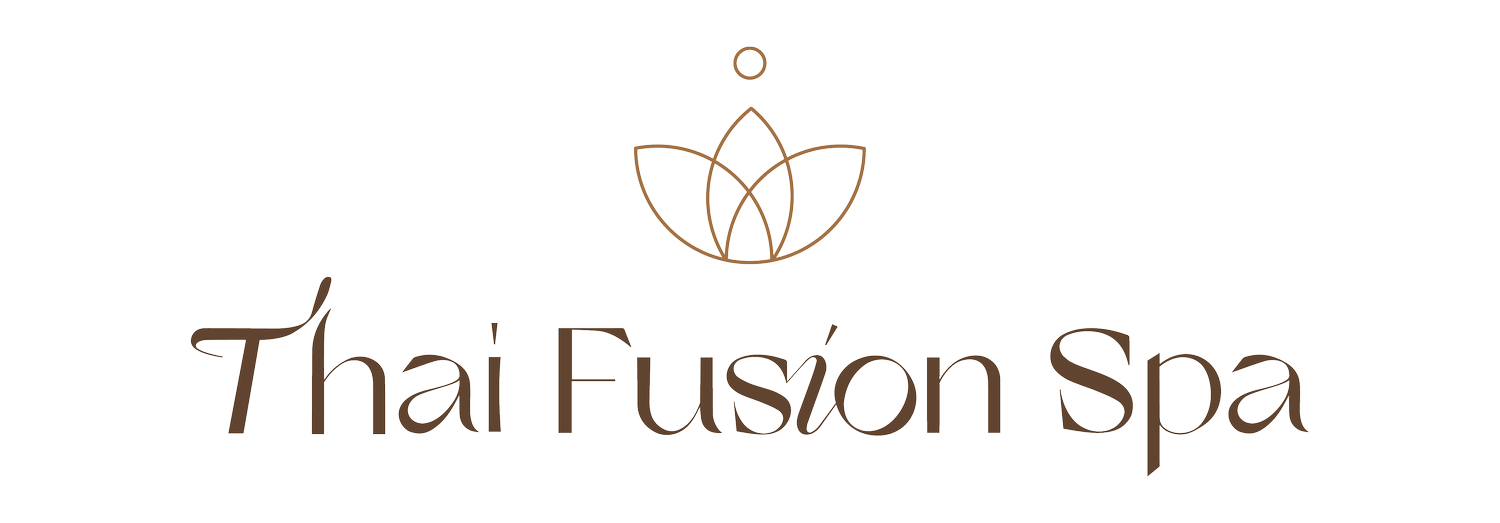Aromatherapy, the perfect complementary treatment
Indulging in a spa experience is about more than just pampering; it's an opportunity to engage in self-care practices that enhance your overall well-being. One such practice that has gained significant popularity in recent years is aromatherapy.
What is Aromatherapy?
Aromatherapy involves the use of aromatic plant extracts, known as essential oils, to promote physical, mental, and emotional well-being.
The term "aromatherapy" combines two words: "aroma," which refers to the fragrance or scent of essential oils, and "therapy," which signifies the therapeutic effects they have on the body and mind.
Essential oils are derived from various parts of plants, including flowers, leaves, stems, and roots. They are produced through processes such as steam distillation or cold pressing.
These oils contain concentrated aromatic compounds that give them their distinctive scents and therapeutic properties.
Each essential oil has its own unique chemical composition, which determines its specific effects and potential benefits.
How Does Aromatherapy Work?
Aromatherapy can be experienced through several methods, each with their own effects on the mind and body. Note, it is not advised to ingest essential oils as they can be toxic, even in small amounts.
Inhalation
Inhalation is one of the most common and effective ways to use essential oils. This can be done by diffusing the oils in the air using a diffuser, inhaling the scent directly from the bottle, or adding a few drops to hot water for inhalation.
When inhaled, the aromatic molecules of essential oils interact with the olfactory system, which consists of the nose and brain pathways responsible for processing scents. These molecules can influence the limbic system, the part of the brain associated with emotions, memory, and behaviour, leading to various physiological and psychological responses.
Topical application
Topical application involves diluting essential oils with carrier oils (such as almond oil or coconut oil) and applying them to the skin through massage or as part of skincare routines. This allows the oils to be absorbed into the bloodstream, where they can exert their effects on different body systems.
Complementary Therapy
Aromatherapy has been used for centuries in various cultures around the world, and is known for its potential to reduce stress, improve sleep, uplift mood, relieve pain, boost cognition, and promote a sense of balance and harmony.
Today it is often used as a complementary therapy alongside conventional medical treatments to support overall well-being and enhance relaxation.
However, it's important to note that while aromatherapy has many potential benefits, it should not be considered a substitute for professional medical advice or treatment.
It is always advisable to consult with a qualified aromatherapist or healthcare professional before using essential oils, especially if you have any underlying health conditions or are taking medications. Diffusion of essential oils can exacerbate breathing issues such as asthma, so please let your therapist know of any health concerns before commencing any treatments.
Aromatherapy Foot Bliss
Introducing our Aromatherapy Foot Bliss Package, an exquisite one-hour experience designed to rejuvenate your tired feet and provide a sense of total relaxation. This luxurious treatment combines the power of aromatherapy with expert foot care techniques, ensuring a blissful and indulgent experience from start to finish. ($119)
Inclusions:
Welcome drink
Aromatic foot soak
Foot exfoliation
Foot massage (45 min)
You can indulge your senses in our unique Aromatherapy Foot Bliss package - book here!

